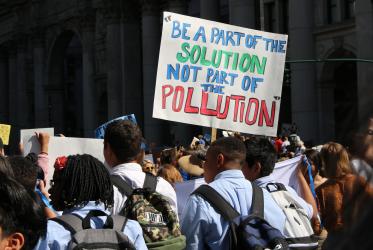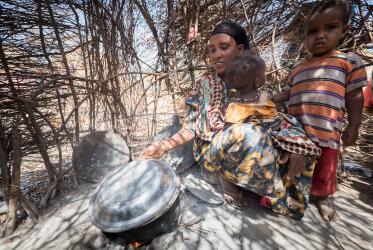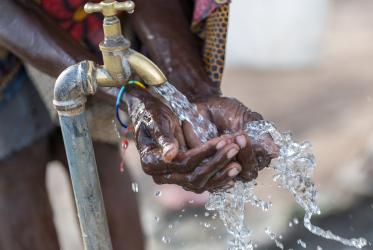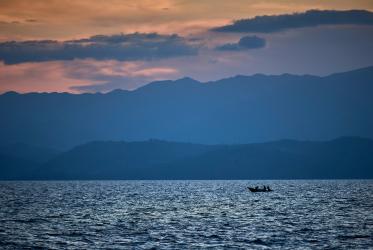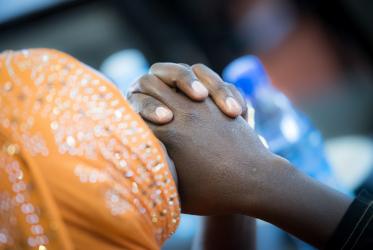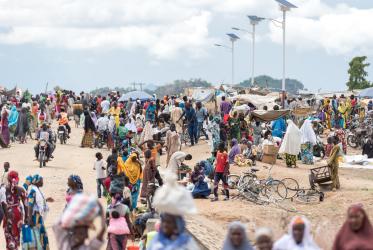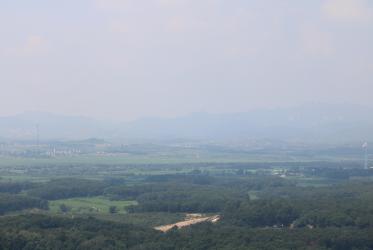Displaying 1 - 20 of 88
Churches respond to Malawi cyclone disaster
29 March 2023
African church leaders train in leadership, diakonia and development
12 November 2021
Protecting Ethiopia’s church forests
27 October 2021
South Sudanese Churches shelter populations displaced by floods
23 September 2021
Churches offer some relief in Kenya’s drought disaster
16 September 2021

